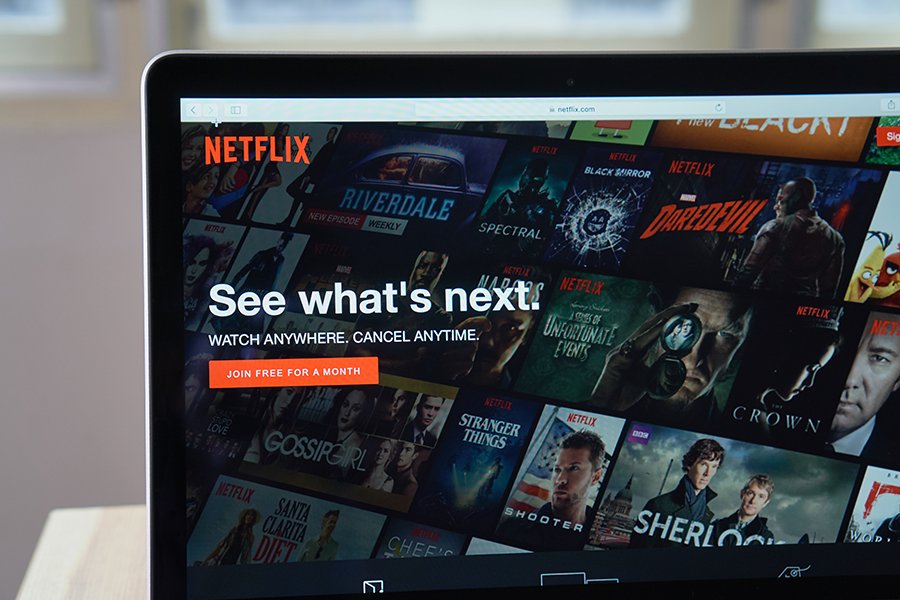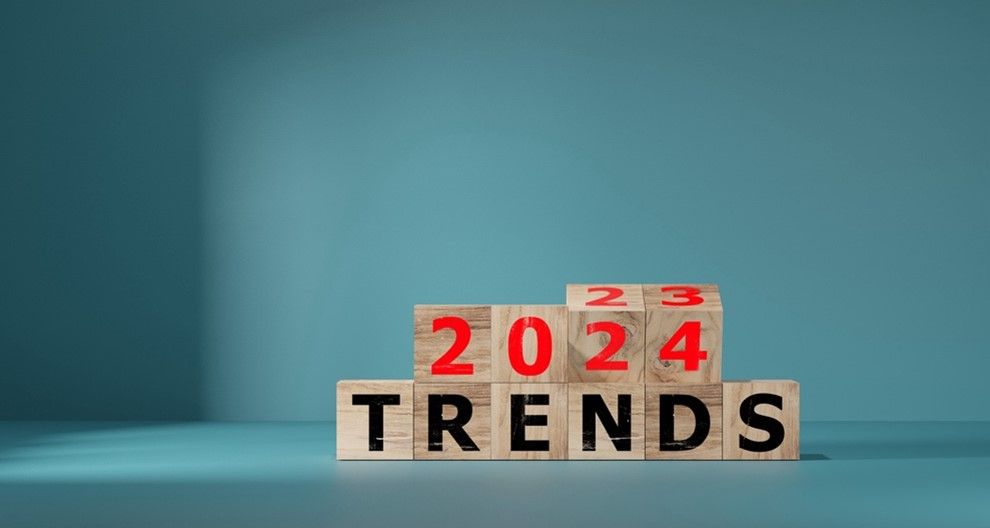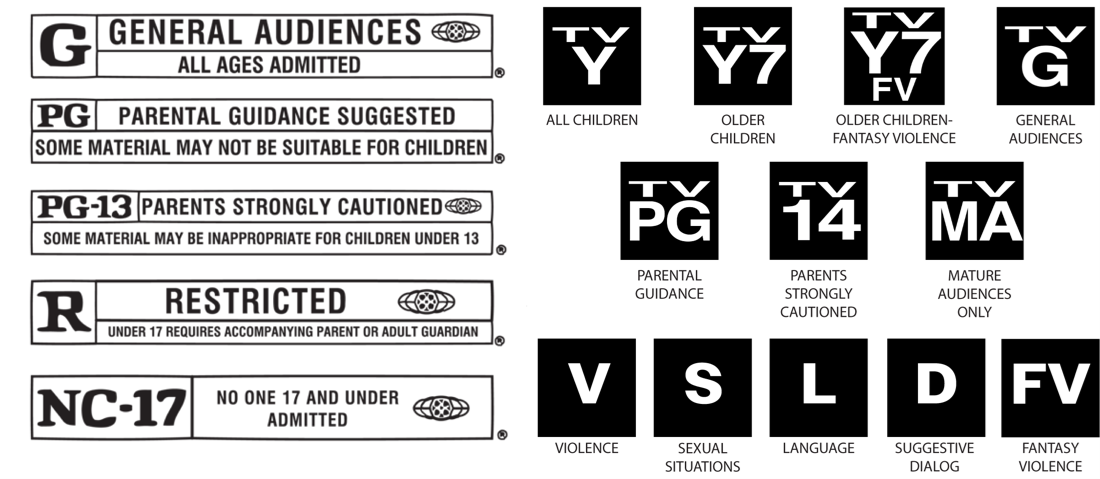Netflix Hits a Global Nerve
As the uproar over the Dave Chappelle comedy special "The Closer" refuses to die down, it is clear that Netflix has hit a nerve. Netflix is no stranger to controversies. Issues with its content continue to grow in international markets alongside the company’s slate in local language programming.
In 2019, Netflix removed an episode of the "Patriot Act" from its library in Saudi Arabia, in which Minhaj criticized the Saudi government over the killing of journalist Jamal Khashoggi. In the same year, Netflix edited a graphic suicide scene in “13 Reasons Why” nearly two years after its release after backlash from mental health groups and countries such as New Zealand where suicide is a sensitive issue. In 2020, the platform cancelled “Messiah” after one season. The series, filmed in Jordan, received criticism from Jordan’s Royal Film Commission, asking Netflix to not stream the series for being anti-Islamic.
This time the backlash is literally ‘closer’ – at home in the United States and from Netflix employees. The controversial comedy special comes from Dave Chappelle devoting material to ridiculing gay and trans people and describing himself as “team TERF” or “trans-exclusionary radical feminist.” Starting with a trans employee at Netflix, the show received intense criticism for being transphobic.
Netflix, in its response, chose to stand behind the show. Leaked emails from Ted Sarandos show him reiterating his support for the Chappelle special. He further went on to say that the company has a strong belief that ‘’that content on screen doesn’t directly translate to real-world harm.” The leaked emails created further backlash, and eventually Sarandos retracted his statement – but the damage had been done.
While correlation and causality are often debated, it is undeniable that what we consume impacts us personally and culturally. For example, an Otago University study in New Zealand found that teenagers have been "shocked" by the portrayal of suicide in the controversial Netflix series “13 Reasons Why.” Studies further found a spike in suicides rates in months after Netflix released the show. In India, film regulators (CBFC) believe that smoking on screen glamourizes the habit; hence, it is mandatory to add smoking warnings in films. Earlier research studies identified a correlation between on-screen sexual content and adolescent attitudes and behavior towards sex. Even though it’s inconclusive that violence in entertainment leads to real-life violence, there are instances of a connection between the two.
Netflix is known for pushing the envelope when it comes to content. Still, it is naïve to assume doing so does not impact a culture, a country, or individuals where it is consumed.
Americans enjoy personal rights different from other countries, which sometimes leads to a myopic view of other cultures. The First Amendment of the U.S. Constitution guarantees freedom of speech. There is no “hate speech” exception to the First Amendment; thus, there is no legal definition of what precisely constitutes “hate speech” in the U.S. In contrast, many countries in Europe and other parts of the world have laws against hate speech. For example, in the Netherlands, Article 137d of the Criminal Code includes sexual orientation to protect against hate speech. In Iceland, Article 233a of the General Penal Code considers pubic denigration and hatred towards sexual orientation or gender identity in its protection clause. In South Africa, the draft Hate Crimes Bill introduced in 2016 addresses racism, racial discrimination, xenophobia, and discrimination based on gender, sex, sexual orientation, and other problems resulting from hate crimes. The Bill includes provisions that criminalize hate speech in ways that could restrict the right to freedom of expression.
Netflix defended "The Closer" comedy show citing freedom of expression. Creative freedom is indeed one of the essential factors for media and art to function. Comedians push our boundaries, compel dialogue around uncomfortable topics, and poke at society’s issues. Still, there is a limit to freedom of expression – one cannot incite violence. When individuals, especially in vulnerable groups, go from feeling offended by speech to feeling unsafe as a result, it has likely gone too far. Social media platforms like Twitter, YouTube, and Facebook have permanently banned influencers who promote hate speech. A recent study looks at Twitter’s deplatforming of influencers, including one comedian who used his platform to promote racism under the guise of comedy. The study found that the activity and toxicity of the influencer’s supporters was reduced when he was removed from the service.
Incidents such as these open our minds to perspectives on what freedom of expression means to different people. In their list of demands to Sarandos, the protesting employees at Netflix demanded that the company add disclaimers to transphobic content. Their request seems reasonable given that one of Netflix’s core values is ‘Inclusivity.’ Sarandos in response, however, said he did not feel the show needed disclaimers.
In our experience at Spherex, a robust content advisory system is valuable in informing the audience what to expect when they are watching a show. A content advisory can take the form of a pre-roll or a ticker, or a description on the content page – the critical aspect is that it provides sufficient information for vulnerable individuals or groups to make the right decisions about content for themselves and their families. It also conveys responsibility and sensitivity on the part of the platform to acknowledge the potentially harmful impact of content. An example of this would be Disney+’s handling of its classic content. The service has introduced warnings about stereotyping and racism on its library titles.
Regulators all over the world invest themselves in protecting their audiences even outside the bounds of the law. South Africa’s Film and Publications Board (FPB) holds regular dialogues on sexual violence and displays appropriate content warnings because it is an issue of concern. Similarly, regulators in the U.K. (BBFC), New Zealand (OFLC), Australia (ACB), among others, periodically update consumer advisory guidelines in line with current social issues. As exhibited in many countries, age ratings in conjunction with consumer advice and additional trigger warnings wherever applicable successfully mitigate audience anxiety and prevent vulnerable groups from feeling threatened by messages or portrayals in content.
Companies that distribute content globally to diverse audiences, like Netflix, must lead the way in promoting greater tolerance and harmony in the world. Their content is viewed by and influences millions of people daily, and they must bear responsibility for what they produce and release. Afterall, “With great power comes great responsibility.”
Related Posts


SILICON VALLEY
2336-H Walsh Ave.
Santa Clara, CA 95051
+1(408) 550-2344
LOS ANGELES
3900 W Alameda Ave.
Burbank, CA 91505
+1(310) 496-7307









